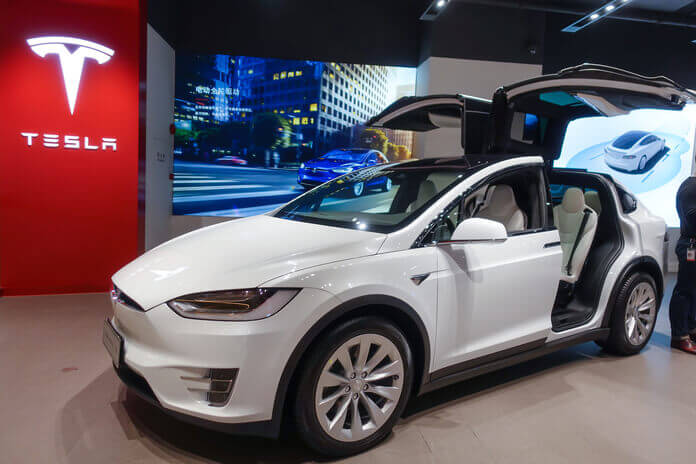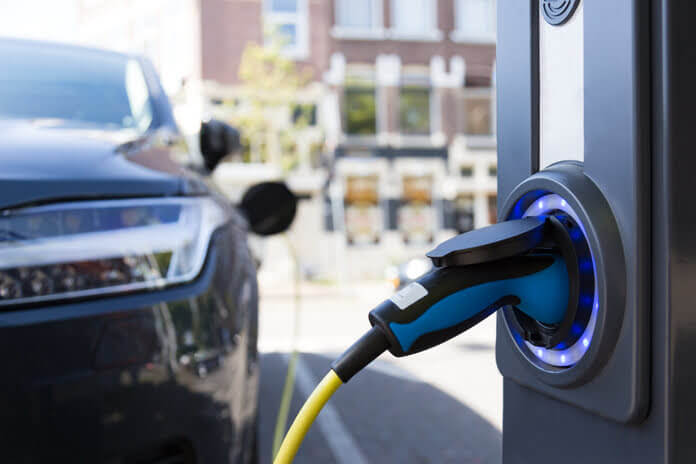The goal for Tesla Inc (TSLA stock), the market leader at the moment, is clear: to maintain and expand its advantage so that its competitors, who entered the race too late, are left with nothing but scraps. The Austin, Texas-based carmaker has set a target of producing 1.5 million vehicles, which would be a record-breaking number, in 2022.
Every little thing matters in the battle towards electric automobiles because it might mean the difference. Additionally, there are many minor things that some players may use to their huge psychological advantage while others can use to their detriment.
The electric and autonomous vehicle market, which is seen as the future of transportation, is one in which every automaker aspires to have a sizeable portion.
The Wolf – TSLA Stock
By the end of the decade, Elon Musk’s company, which is known for its charm and eccentricity, plans to produce 20 million vehicles annually. Regarding his competitors, and there are plenty of them, they are vying for second position but want to unseat Tesla soon.
Young wolves or upstarts like Rivian (RIVN), Lucid (LCID), and Chinese NIO (NIO) must, for the time being, demonstrate that they can manage an increase in their production rates despite skyrocketing raw material prices and ongoing supply chain disruption.
Legacy automakers want to demonstrate that they can make the switch to battery-powered cars (BEVs) seamlessly. Additionally, they wish to advance by drawing on their background in mass production.
As a result, several of them, like the American manufacturers Ford (F) and General Motors (GM) and the German industrial powerhouse Volkswagen (VLKAF), have revealed lofty output goals for the upcoming three years. They struggle at the moment to make 100,000 electric vehicles yearly, but they vow to produce millions of them annually.
Although they may have gained ground by taking some of Tesla’s market share, the T brand still sends them a lot of negative messages. The German goliaths have just suffered a humiliating defeat at the hands of Tesla.
First EV manufacturer in Germany: Tesla
According to official data released on October 18, the firm did in fact sell more brand-new electric vehicles in Germany than its regional competitors over the first nine months of the year.
According to data from the German Federal Motor Vehicle Office (KBA), between January and September, Tesla registered 38,458 new vehicles. This is an increase of 48% from the same time in 2021.
It must be noted that Tesla launched a manufacturing facility close to Berlin in March. In addition to being delivered to other European countries, the vehicles built there are also marketed in Germany, one of the world’s major markets for electric vehicles.
Just 32,326 new registrations were made by Volkswagen, the multi-brand corporation with its headquarters in Wolfsburg, a 41% decrease from the previous year. This is a significant setback for the organization, which just hired a new CEO as a result of internal power conflicts.
Although new registrations for Mercedes-Benz (DDAIF) and BMW (BMWYY) have increased, their sales are still much below those of Tesla. Mercedes’ new electric car registrations were 14,619 units, an increase of 95% year over year; BMW’s new electric vehicle registrations totaled 16,241, an increase of 53.2% year over year.
As a result, Tesla has defeated the three German companies that aim to dominate the domestic electric market.
In the German market, Ford is also doing quite well.
The company, which sells the E-Transit and the Ford Mustang Mach-E SUV in Europe, registered 3,580 new vehicles between January and September, an increase of 117.5%.
GM is now absent from the European market.
While Polestar (PSNY) reported 3,355 units (+111%), NIO sold 114 brand-new electric vehicles in Germany over the first nine months of the year.
In the first few months of 2021, NIO was absent from the German market.
While governmental policies in Europe are supportive of electric vehicles, rising energy prices and skyrocketing raw material costs as a result of the Russian invasion of Ukraine are having an impact on the auto industry.
These issues are on top of the supply chain limitations already present, which the covid-19 epidemic has made worse.















